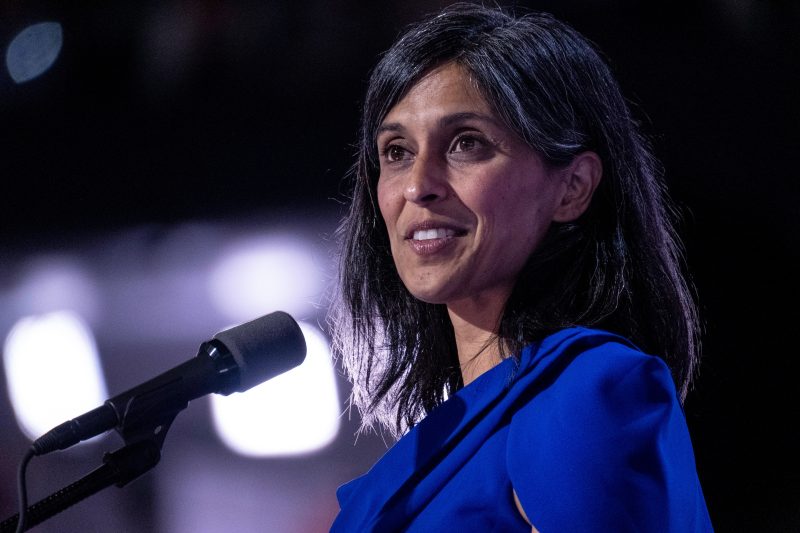Usha Vance’s story is a testament to the complexities and nuances of political beliefs and motivations. Her journey from being appalled by Donald Trump to actively working towards his re-election demonstrates the evolution of her views and a shift in priorities that many may find intriguing.
It is not uncommon for individuals to undergo a significant change in their political stance over time. In the case of Vance, she initially expressed strong disdain for Trump, only to later align herself with efforts to support his candidacy. This transition sheds light on the multifaceted nature of political attitudes and the various factors that may influence an individual’s decisions.
Vance’s experience also highlights the role of personal relationships and social circles in shaping political perspectives. The influence of friends and colleagues who supported Trump likely played a crucial role in her eventual decision to work towards his re-election. This underscores the impact of social dynamics and peer pressure on individual political choices.
Furthermore, Vance’s story raises important questions about the compatibility of personal beliefs and professional responsibilities. As a public relations professional, Vance may have faced challenges reconciling her personal views with her professional obligations. Her decision to support Trump’s campaign despite her initial reservations underscores the complexity of navigating such ethical dilemmas.
Vance’s journey serves as a reminder that political views are not static, and individuals are capable of evolving and adapting their perspectives over time. While her story may spark controversy and debate, it also underscores the importance of understanding the diverse motivations behind political actions and the need for empathy and open-mindedness in engaging with differing viewpoints.
In conclusion, Usha Vance’s shift from disdain towards Donald Trump to actively supporting his re-election campaign is a compelling example of the nuances and complexities of political beliefs. By examining her journey, we gain insight into the role of social influences, personal relationships, and professional considerations in shaping individual political attitudes. Ultimately, Vance’s story challenges us to consider the dynamic nature of political beliefs and the importance of understanding the diverse motivations that drive people’s actions in the political sphere.

